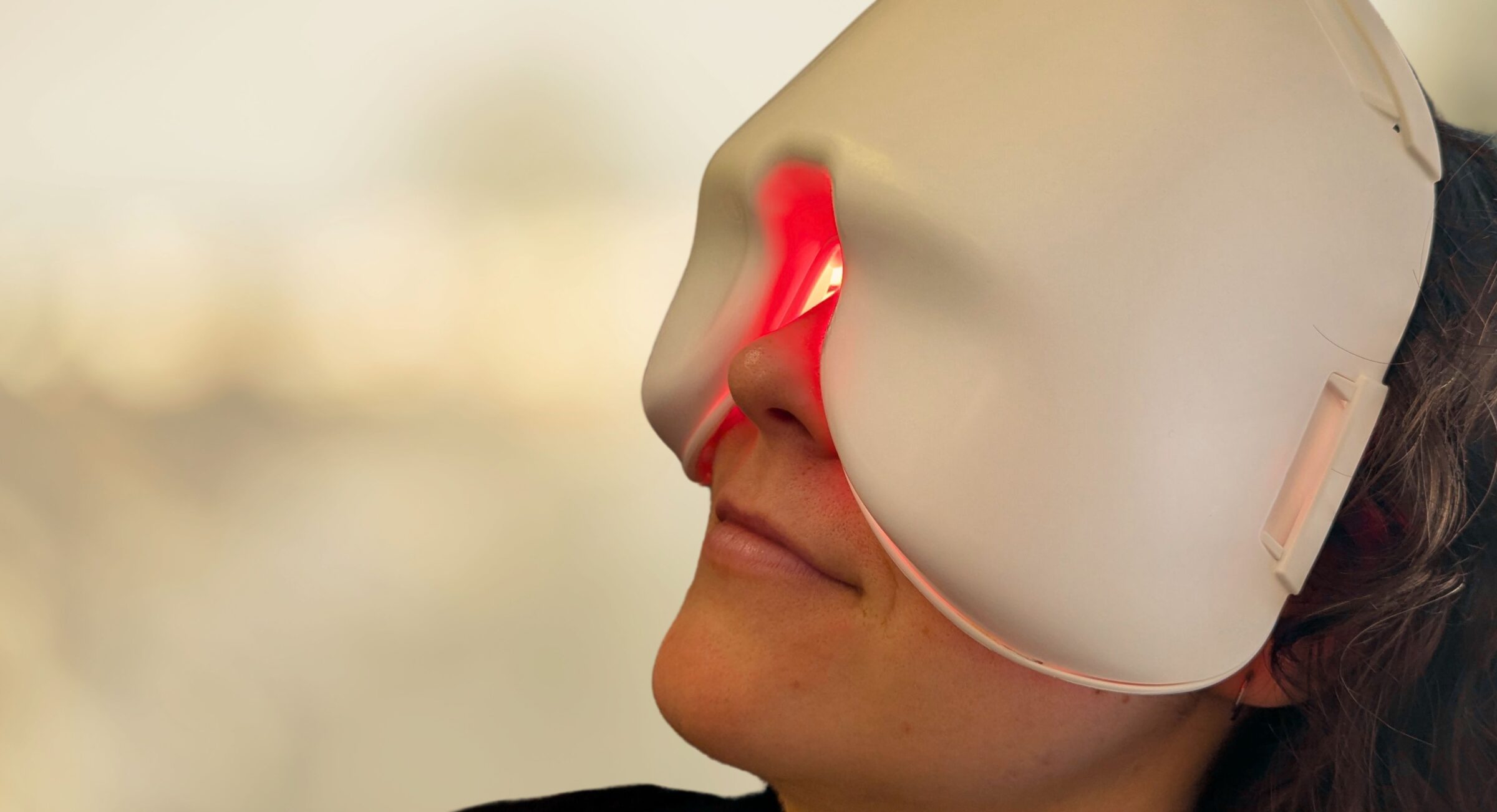
Wellington Eye Centre Optometrist
Many of us would have grown up hearing that carrots can help you see in the dark, watching too much television will give you square eyes and if you cross your eyes, they might get stuck that way. But is there any truth behind these myths and old wives tales? In this blog, we explore some of the more popular myths about eyes and vision and share which claims are true and which are false.
Claim: Eating carrots improves eyesight
False. Carrots are rich in vitamin A, which is essential for good eyesight. But you can get your vitamin A from many other sources, like milk, cheese, eggs and liver. And you don’t need massive amounts of vitamin A to satisfy the body’s needs.
There is an interesting origin to this Old Wives’ tale – a propaganda campaign from World War II. During WWII the British government encouraged people to grow (and eat) their own vegetables at home. Carrots became the focus of this campaign as medical research at the time had made a link between the Vitamin A in carrots and the need for it for healthy eyes. The campaign grew bigger still once British RAF Fighter pilots started shooting down enemy planes in the dark. Rather than announce that the reason for this increased fighting ability was a new type of RADAR, the propaganda mill churned out that it was all the carrots that British people ate that gave them superior night vision.
Claim: You can improve your vision with eye exercises
True. Eye exercises can improve some aspects of your vision. In particular these exercises are helpful in binocular vision issues, tracking and focussing issues. An Optometrist or Orthoptist can prescribe these exercises. For more information, ask your Optometrist who can either prescribe the exercises for you, or refer you to an Optometrist or Orthoptist who specialises in this field. The exercises are called visual training or visual therapy.
Claim: Wearing the wrong glasses can damage your eyes
False. Wearing the wrong spectacles will not damage your eyes. It could make your eyes strained and fatigued, it could cause headaches, nausea or distorted vision. But it won’t damage your eyes or your eyesight.
Claim: Crossing your eyes on purpose can cause them to stay that way
False. But if you notice a child is crossing their eyes, and maybe isn’t aware they are doing it, it warrants being investigated. Crossed eyes, squint or strabismus is when the eyes do not look in the same direction. Left untreated they can lead to vision problems such as a lazy eye, poor vision or poor depth perception. Treatment, if instigated early, is very successful.
Claim: Poor eyesight is inherited
Both true and false. Some eyesight conditions are strongly hereditary like short sightedness, strabismus (lazy eye) and some forms of glaucoma. Others are only weakly linked to your genetics. And many people can develop their poor eyesight for environmental reasons (poor diet, injury) or for no apparent reason at all.
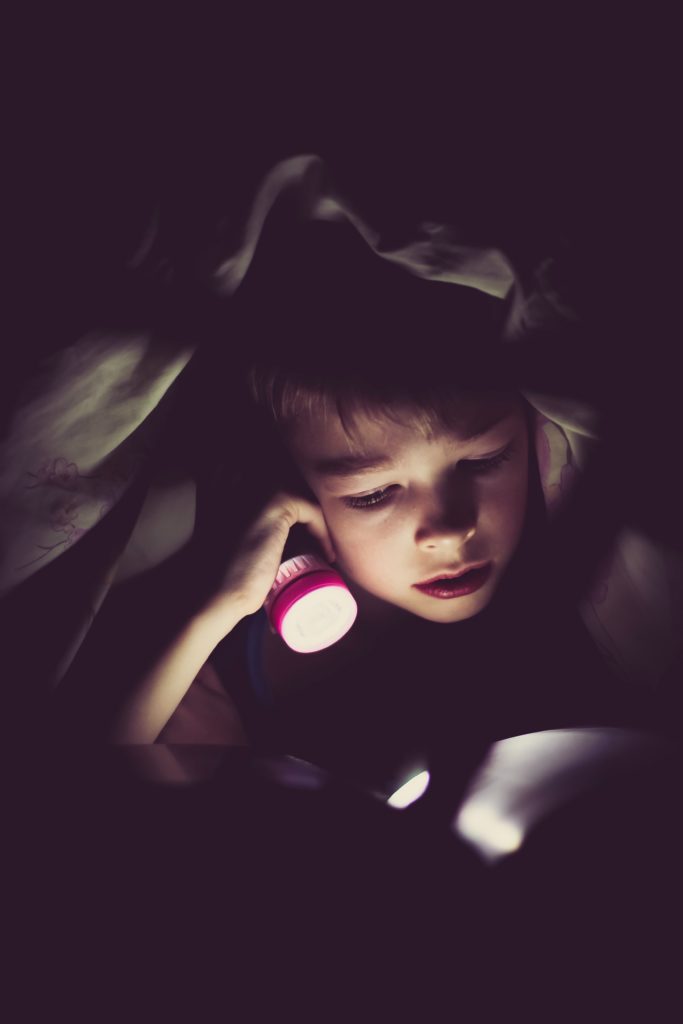
Claim: Reading in dim light can harm vision
False. Reading in dim light won’t harm your eyes, but it can cause eyestrain and fatigue. The dimmer the light, the harder it is for the eyes to focus. The more effort your eyes have to exert the more likely they will get strained. So if reading in dim light, try and angle any lamps so that they directly illuminate your reading material, and aren’t blocked by your body.
A torch, hidden under the duvet is not bright enough! Although it is the most fun way to read adventure books!
Claim: High astigmatism can’t be corrected with contact lenses or laser eye surgery
False. Contact lenses can correct high levels of astigmatism. If your astigmatism is greater than -3.00 you may need to investigate custom made contact lenses, and RGPs (rigid gas permeable contact lenses). Ask your Optometrist if they can help you, they may refer you to an Optometrist who specialises in contact lenses.
Laser vision correction surgery can in fact correct astigmatism, in some cases it can correct up to -5.00 dioptres of astigmatism! SMILE surgery is able to correct short sightedness and short sightedness with astigmatism. Whereas, LASIK is able to treat people who are short sighted, long sighted and have astigmatism.
Claim: Sneezing with your eyes open will cause your eyes to pop out!
False. Most people are unable to keep their eyes open when they sneeze. But for the few people who can, there is no risk of this damaging your eyes. One theory behind why we close our eyes during the sneeze, is to protect the eye from any particles that might come flying out of our nostrils!
Claim: Don’t rub your eyes, you’ll squash them!
Partly true. When we rub our eyes, our fists, fingers or knuckles exert a very large amount of force on to the front surface of our eye, the cornea. The cornea is soft and flexible, and by rubbing it you do flatten it. However the cornea bounces back very quickly. Continued, excessive and forceful eye rubbing can permanently weaken the corneal tissue, causing changes to the shape of the eye and to the quality of vision. So eye rubbing is best to be avoided, but it is most likely to be an issue for young people under the age of 30 years. It’s so important, we’ve written a whole article about why you shouldn’t rub your eyes.
Claim: Sitting too close to the TV will give you square eyes!
False. Sitting close to the TV won’t damage your eyes. But sitting too close to the TV might be a sign that you need your eyes tested, and is a common behaviour in children with short sightedness and/or hearing difficulties.
Excessive near vision, whether that be sitting really close to the TV, reading books or watching on tablets, cell phones and computer screens can increase the chances of children developing short sightedness. This forms part of a very important area of study, Myopia Control.
Claim: As you age, there’s nothing you can do about worsening vision
False. A comparatively small amount of visual problems are related to ageing and cannot be treated. But there are more visual issues that can be treated or lessened by seeking professional help. Some age-related eye conditions that can be treated or managed are cataracts, some forms of age related macular degeneration and glaucoma.
Maintaining good vision in our older community is extremely important for their independence, mobility and mental health.
Claim: Pinhole glasses can improve your vision
True. Wearing pinhole glasses will improve your visual acuity while you are wearing them. But they have no lasting effect when you remove them. Whilst wearing pinhole glasses your vision straight ahead is improved, but your peripheral vision is drastically reduced and it would reduce your ability to drive or navigate around some smaller spaces.
Claim: Eye transplants are possible, I’ve seen them in the movies!
False. Sorry, we can’t transplant whole eyes…yet. We can replace the front tissue of the eye, the cornea. Corneal transplants (or corneal grafts) are a very delicate type of surgery, only performed by a handful of Ophthalmologists around the county. Dr Logan is one of those surgeons, he specialises in corneal grafts, refractive laser surgery and cataract surgery.
Other parts of the eye can also be transplanted, although not as commonly. One very exciting area of research is that of retinal transplants. Where surgeons transfer some healthy retinal cells into the retina of patients with pronounced retinal damage due to conditions such as retinitis pigmentosa (RP) and age related macular degeneration.
Claim: Blind people can see only darkness
False. The majority of people who are officially considered blind are able to see some things, just not nearly as clearly as fully sighted people. Some blind people may not be able to see shapes, colours or details, but they may be able to tell the difference between light and dark. A much smaller number of blind individuals have no ability to see light either, this classification of vision is called “No light perception” (NLP). People with NLP don’t perceive constant darkness though, what they perceive varies greatly between the individuals. Some see nothing, some see amazing (but distracting) coloured lights. Read Damon Rose’s personal account of his experience with total blindness.

So there are a few myths debunked for you, but what causes visual problems and what can you do to fix them?
Causes of visual problems
Refractive errors, binocular vision difficulties and eye diseases can be caused by:
- Genetic factors
- Environmental factors (diet, light exposure, sports injury, trauma)
- Your general medical health (conditions such as diabetes and thyroid conditions can cause visual problems)
- Medications (such as steroids, amiodarone, tamoxifen and plaquenil can cause visual problems)
Some visual problems have multiple causes, or there may be no known explanation for that visual issue. Never be afraid to ask you eye specialist questions, they aren’t just there to treat your eye condition. They are also there to help you understand the condition better, so you can protect your vision going forward.
Treating visual problems
Your local Optometrist can also help screen and diagnose other visual problems like binocular vision difficulties (strabismus, convergence insufficiency) or eye disease (glaucoma, cataracts or keratoconus). You can then discuss treatment options and what the next step should be. That might involve referring you to another Optometrist, your GP or to an Ophthalmologist for medical or surgical treatment.
The very harmless, but often frustrating visual problems of refractive errors like myopia, hyperopia, astigmatism and presbyopia can usually be corrected fairly easily. Correction options may include spectacles, contact lenses, medical myopia management and laser vision surgery.Finding the best option to suit you and your lifestyle is important. We encourage everyone to have regular eye examinations with their local Optometrist to learn about your options. If you want to learn more about Laser Vision Surgery, contact us for a free consultation.
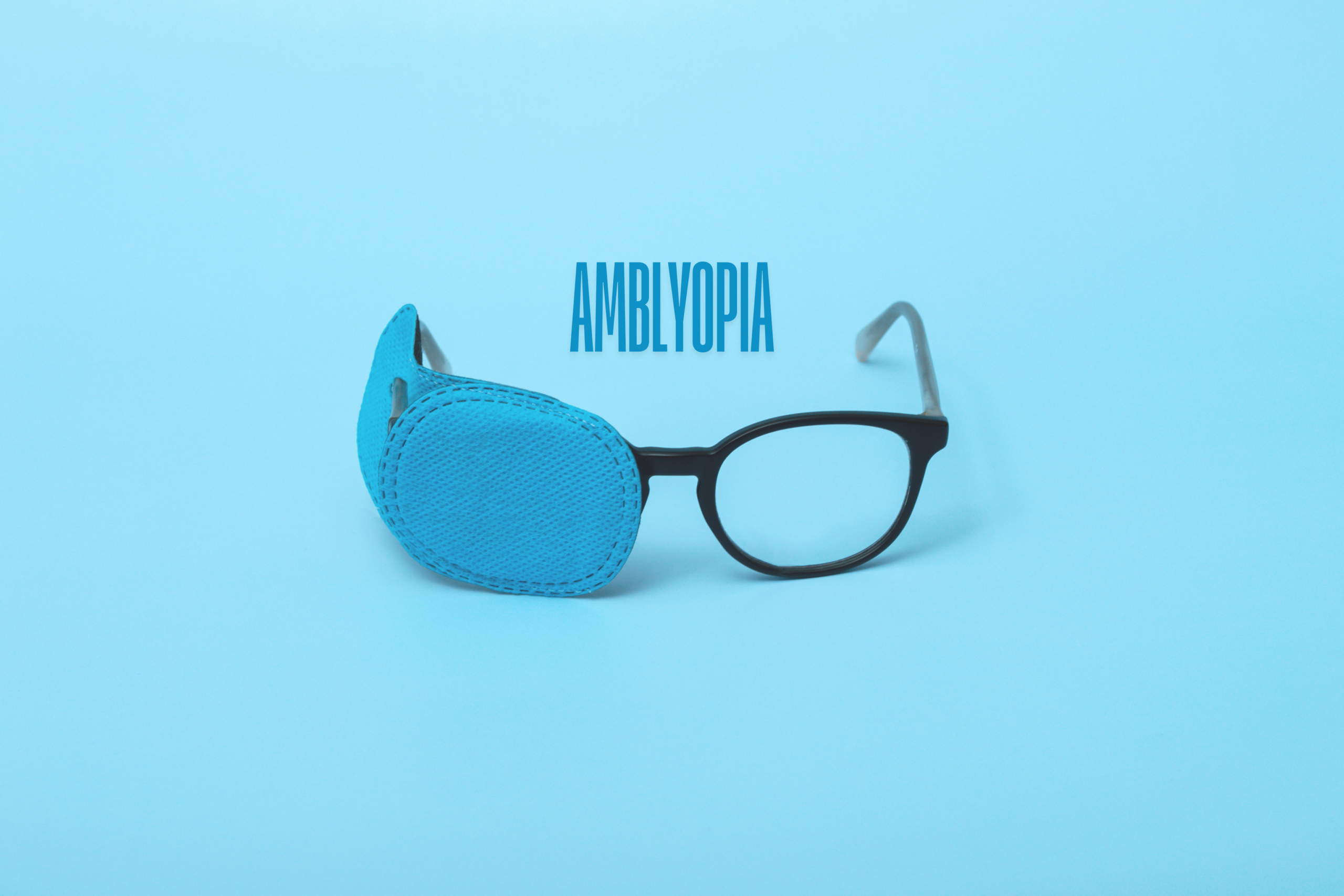
Amblyopia and Laser Eye Surgery

What are the visual requirements to join the Police in NZ?
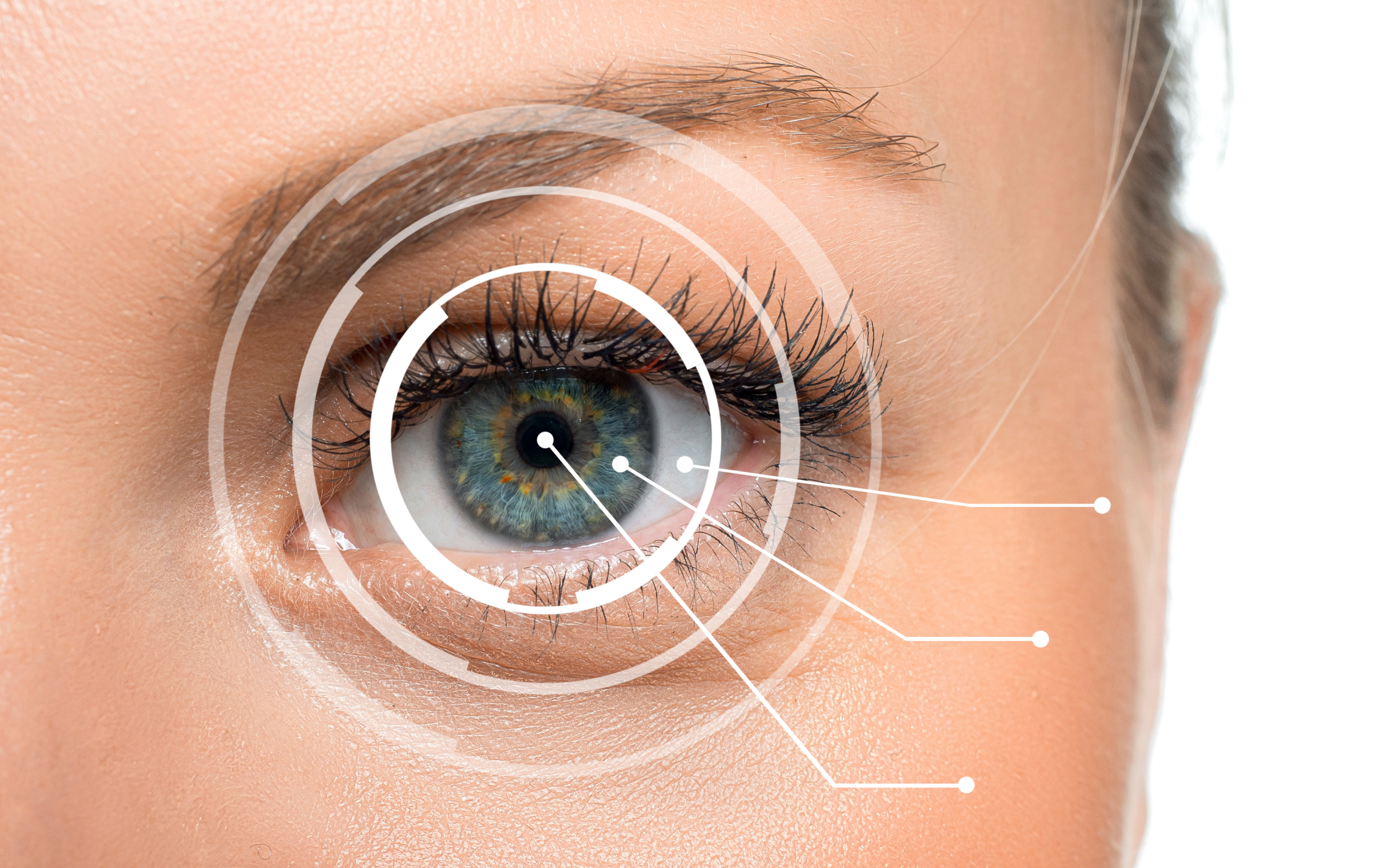
What Can Go Wrong During Your Laser Eye Surgery?

What are the visual requirements for flying, set by the Civil Aviation Authority?
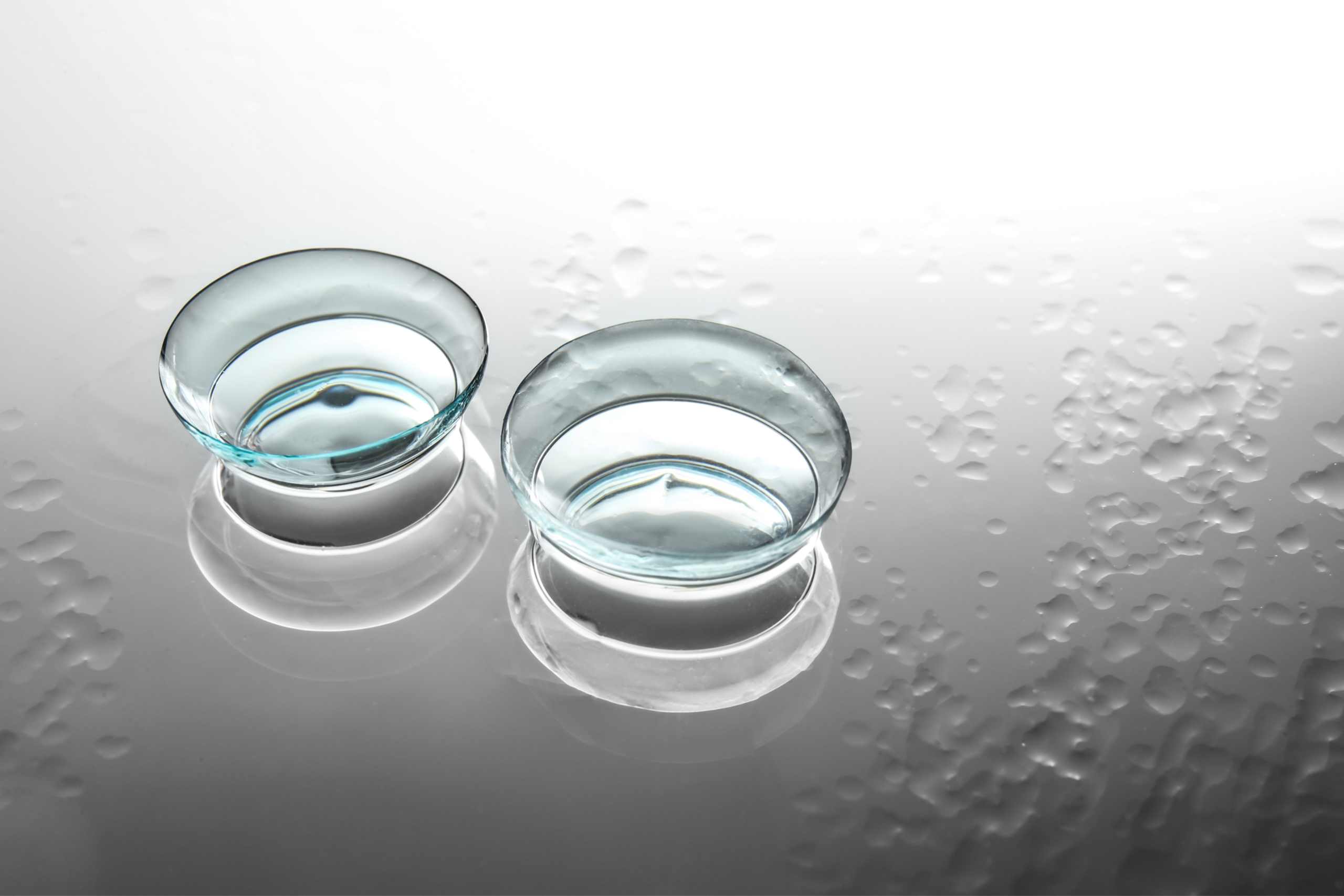
What happens when your vision after laser vision correction surgery is not what you expected?
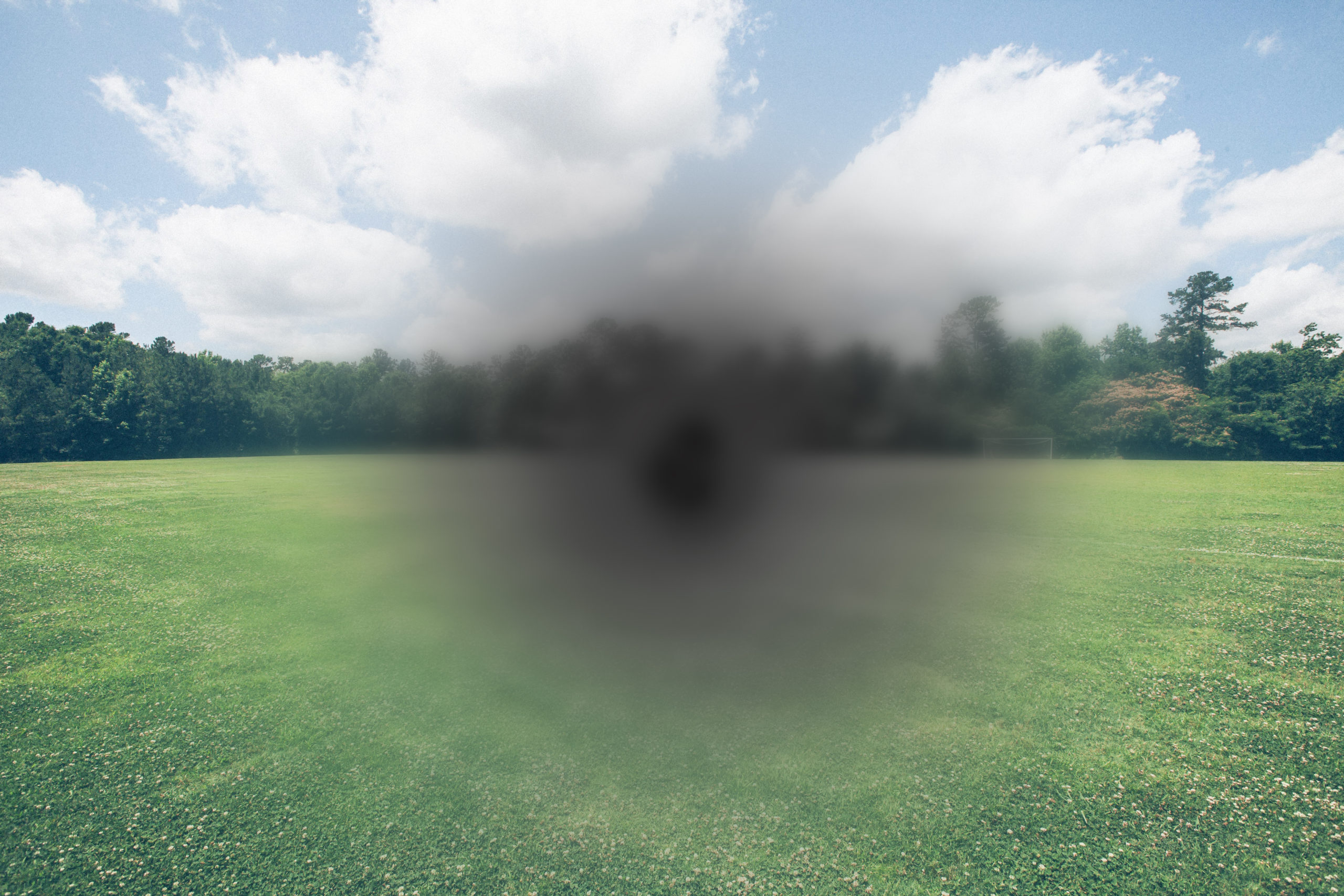
Age Related Macular Degeneration (ARMD)

Wellington Eye Centre Sustainability | How We Reduce Waste & Support the Environment

Everything You Need To Know About Dry Eye
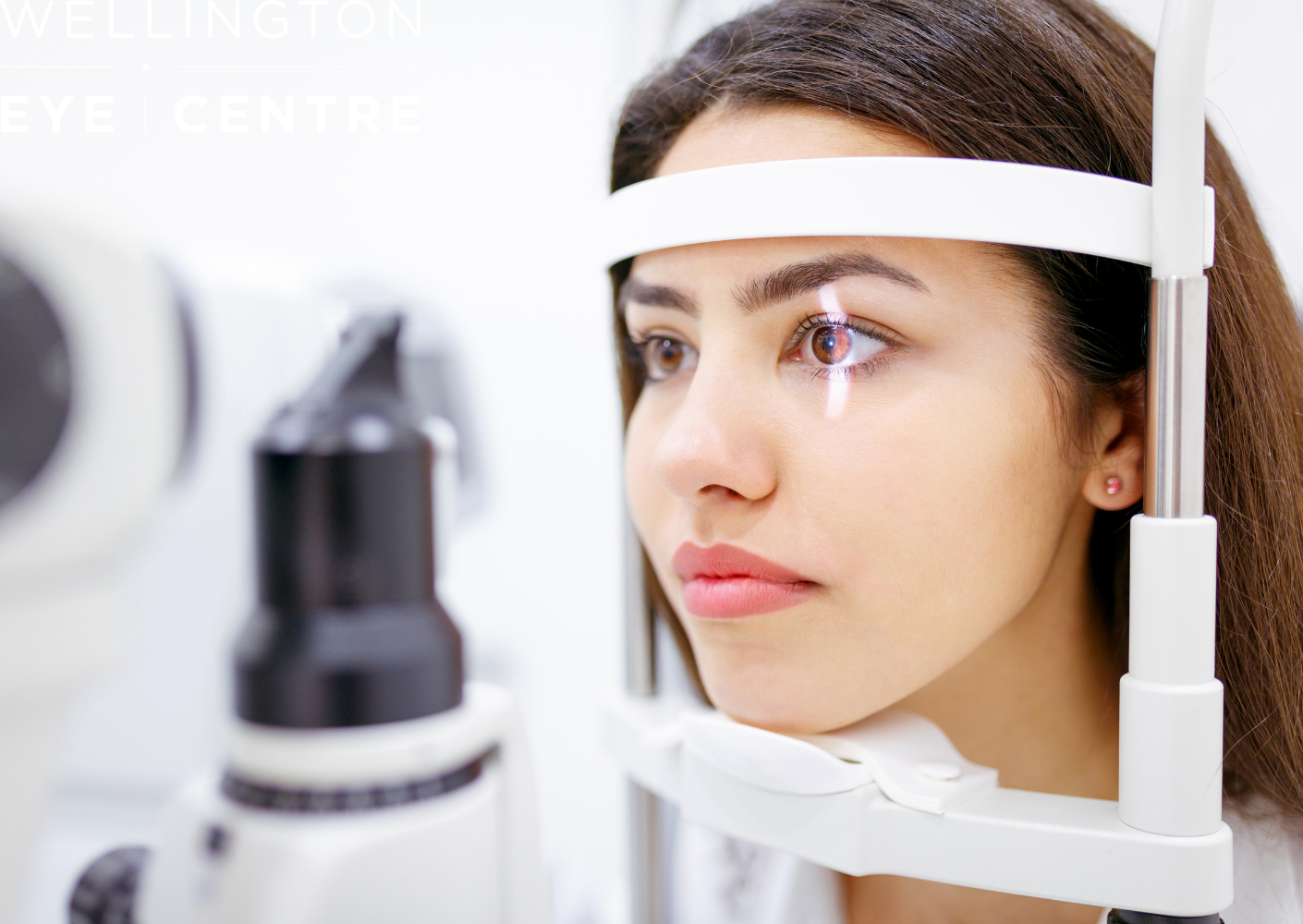
What to expect during your Laser Suitability Medical Assessment at Wellington Eye Centre
